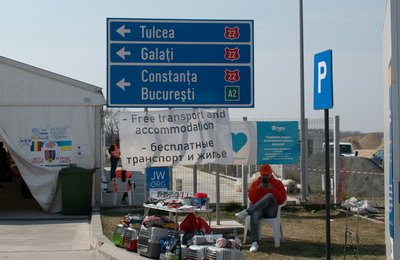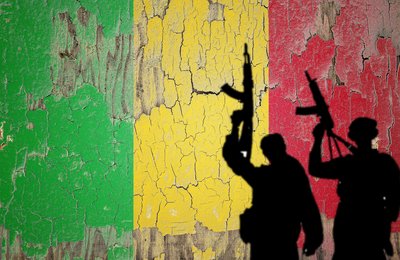Civil Society and Security Transformation in Medellin: Challenges and Opportunities (Global Consortium on Security Transformation)
Medellin, Colombia, was once one of the most violent cities in the world, but between 2002-08 it experienced on of the most drastic reductions in violence any city has experienced. This report from the Global Consortium on Security Transformation examines the role civil society played in the transformation, and the challenges and opportunities for civil society in securing and consolidating the gains at a time when the situation seems to be deteriorating. This is one of a series of reports from GCST on he role of Civil Society in security, it has also published papers on Turkey andGhana.
Graduate Education and Professional Practice in International Peace and Conflict (USIP)
The United States Institute for Peace looks into the graduate-level education and professional practice in the field of peace and conflict. They find a significant gap between education graduates receive and the skills and experiences that employers are looking for, particularly practical and applied skills.
Child Soldiers and Disarmament, Demobilization and Reintegration Programs: The Universalism of Children’s Rights vs. Cultural Relativism Debate (Journal of Humanitarian Assistance)
In this article, the Journal of Humanitarian Assistance examines the debate between universalism and relativism in the field of child soldier DDR programs. The author argues that there are significant gaps on both sides of the debate. The universalist approach fails to account for important social and cultural influences, whilst the relativists are far to narrow in their focus, failing to see the wider socio-economic aspects of the conflict.
Foraging and Fighting - Community Perspectives on Natural Resources and Conflict in Southern Karamoja
Save the Children and Tufts University have studied local peoples perceptions of linkages between natural resources and conflict in the Karamoja region of Uganda -where natural resources have become increasing scarce due to drought and the resulting over exploitation. Setting out to answer whether resource competition is a driver of conflict, they find the answer to be far more complex. Similarly, a report from MICROCON this month - Who Engages in Water Scarcity Conflicts? A Field Experiment with Irrigators in Semi-arid Africa – highlights that the relationship between scarce resources and conflict is far more complex than a straightforward causal link.
The Trouble with the Congo: Local Violence and the Failure of International Peacebuilding, Séverine Autesserre (Cambridge Studies in International Relations, 2010)
Drawing on over 330 interviews and extensive field research, Autesserre argues that the failure of DR Congo’s transition from war to peaceful, functioning democracy, is due to a lack of action on local conflicts. Despite local rivalries being key drivers of conflict, the dominant peacebuilding culture, which focused on national and regional factors, meant local peacebuilding was seen as irrelevant and illegitimate. (Earlier articles in which Autesserre explores some of the ideas expanded upon in the book are available here (pdf) and here (pdf).)
War and Poverty (MICROCON)
In this research working paper from MICROCON, the authors review the recent literature on the relationships between violent conflict and poverty at the community, household and individual level. The paper finds that although there has been significant progress in the understanding of the consequences of violent conflict on local populations, significant areas still remain unexplored.





